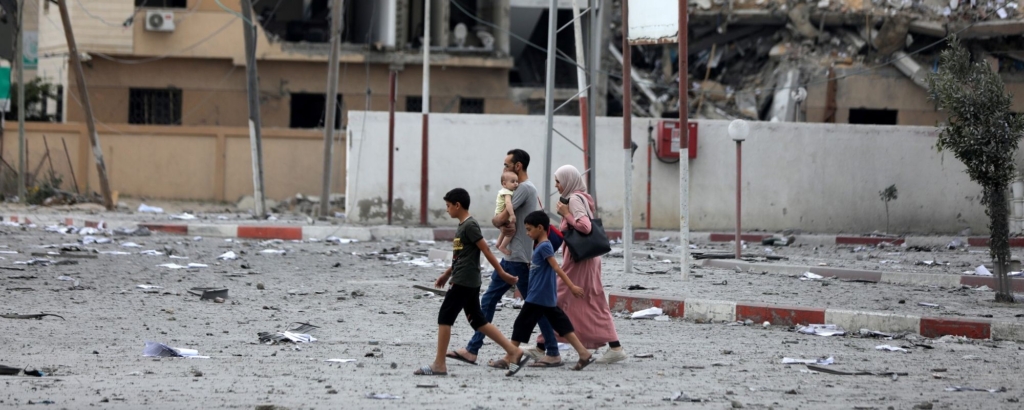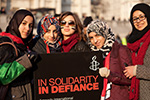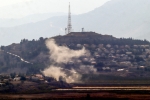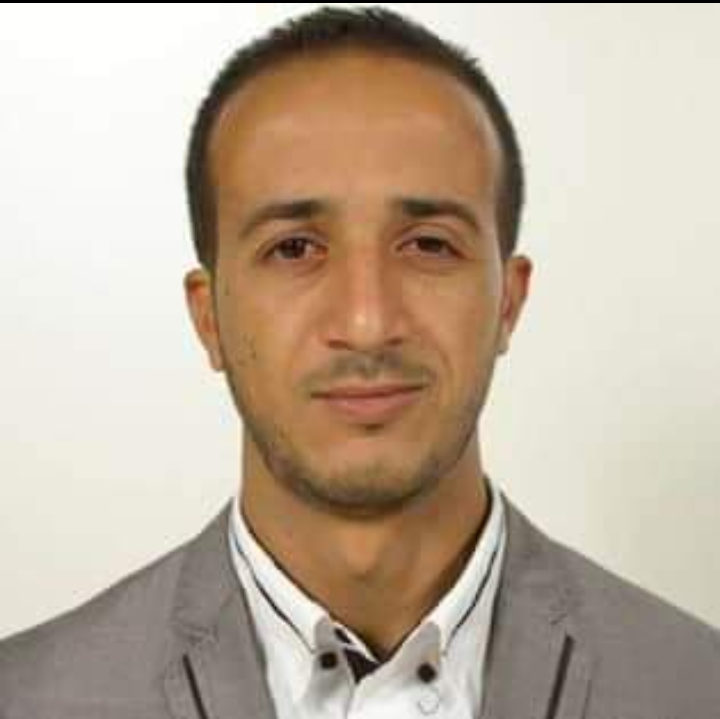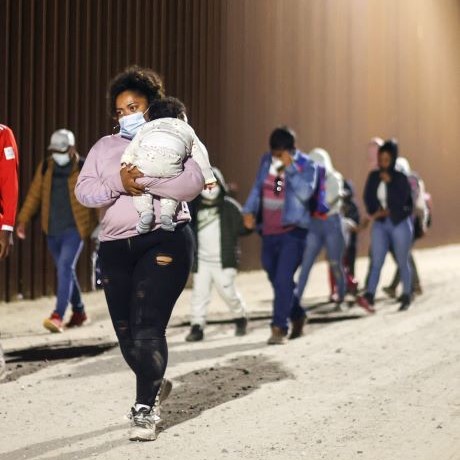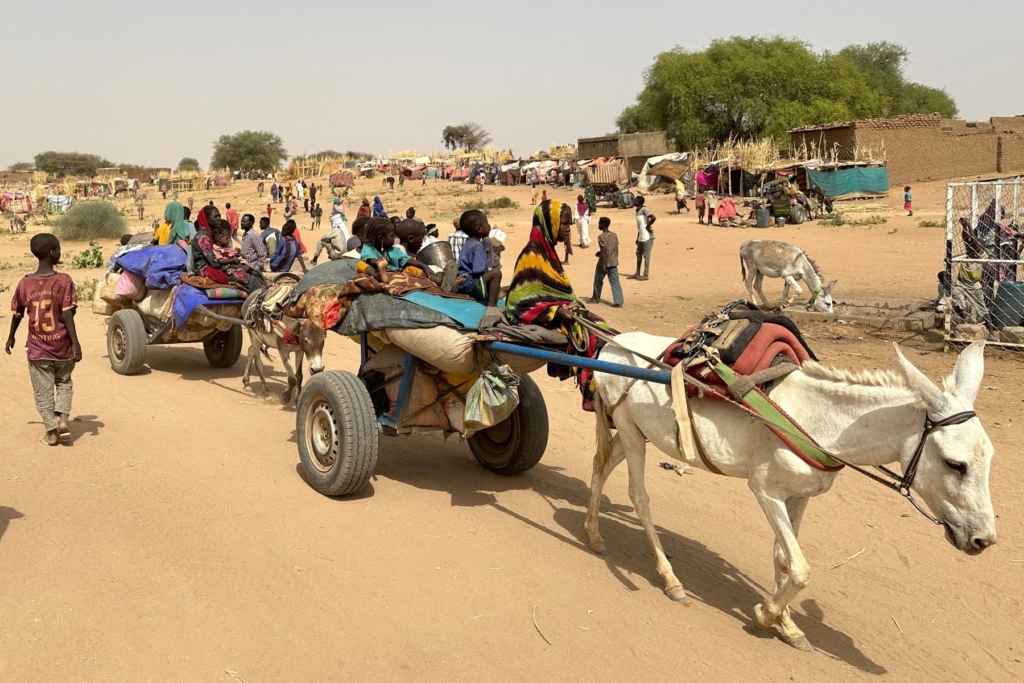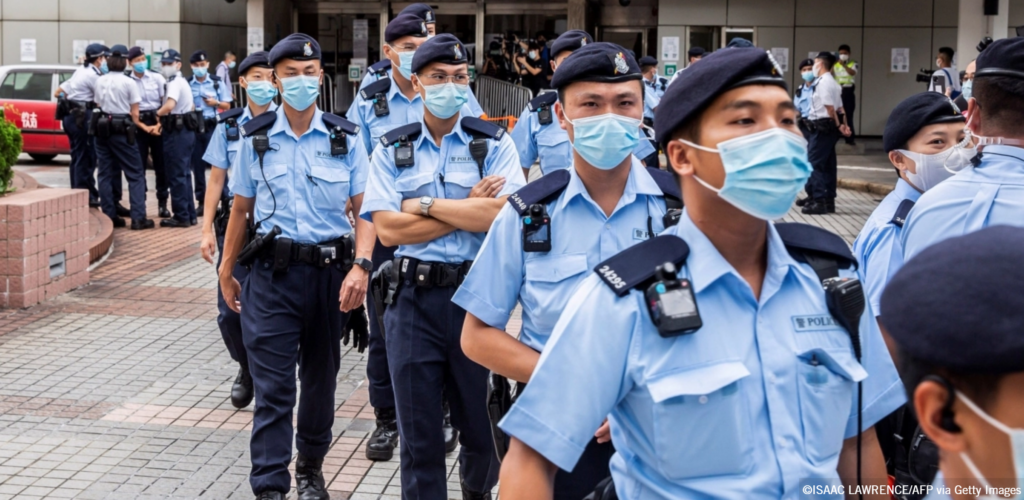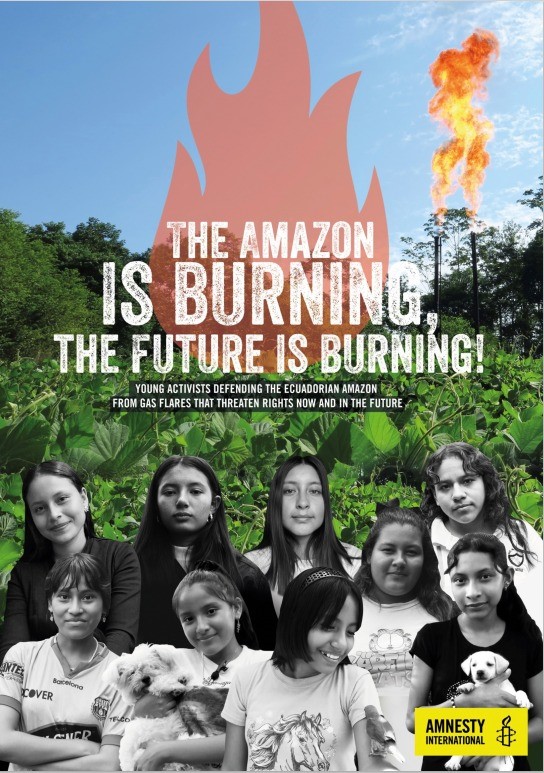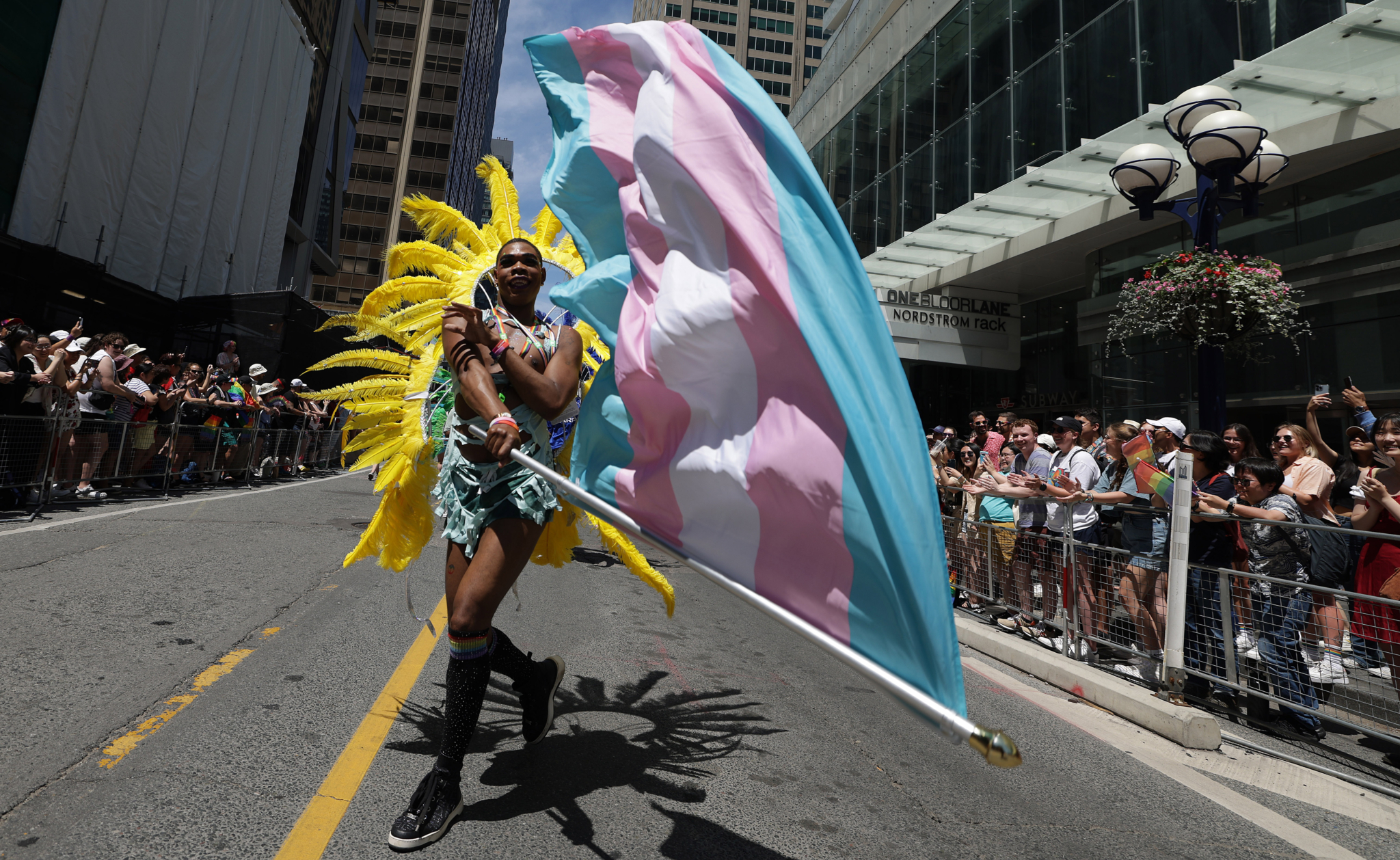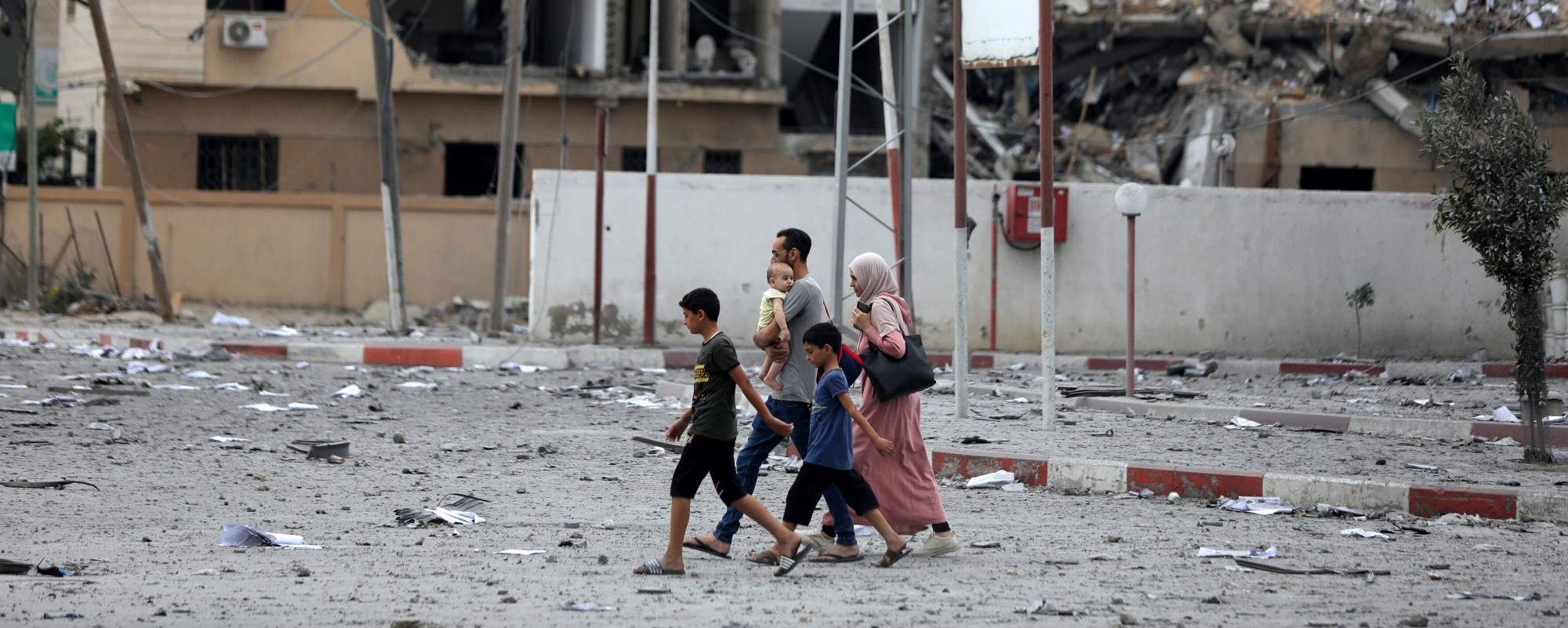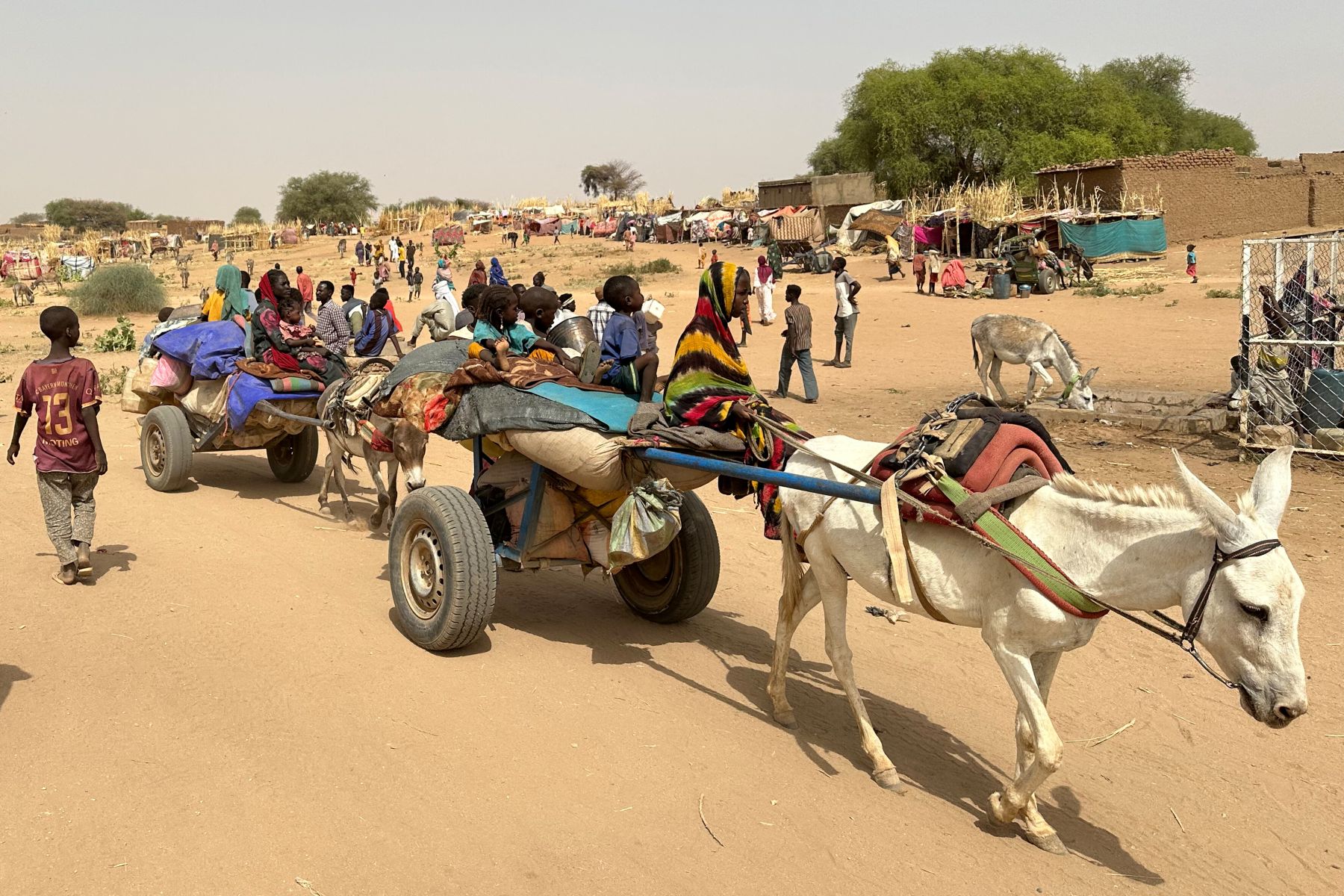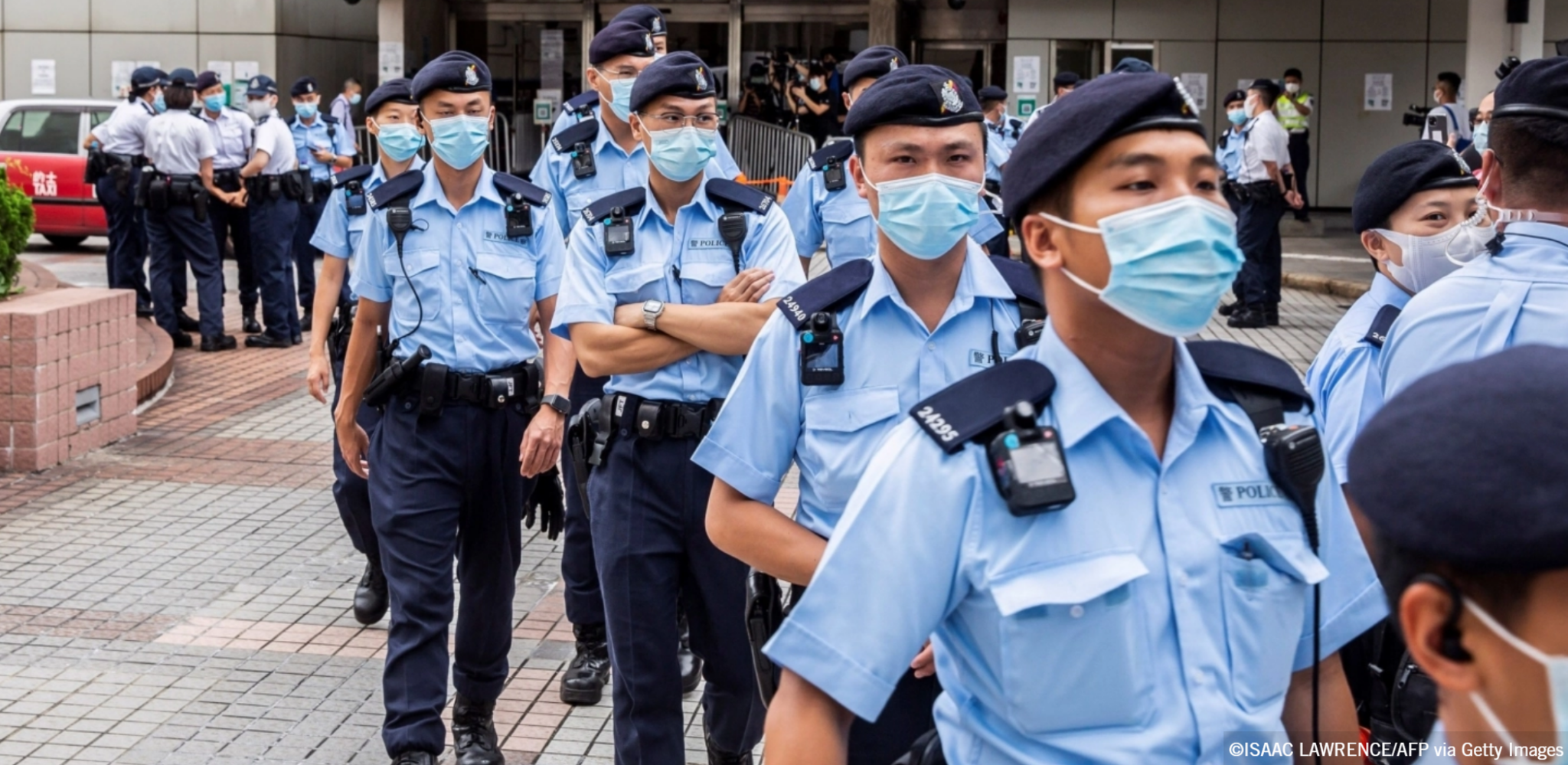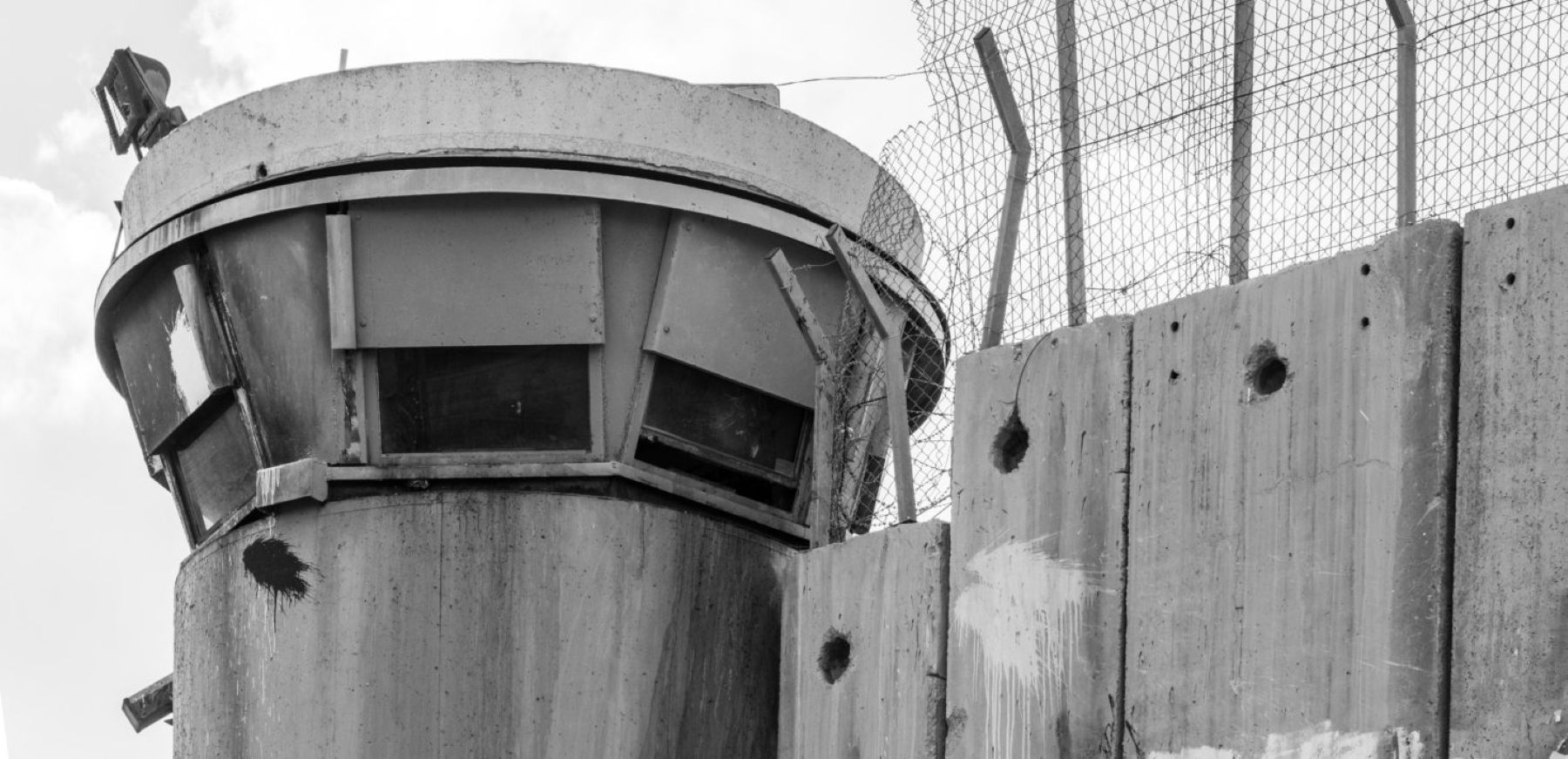The trial of an Algerian blogger who faces the death penalty on trumped-up espionage charges based on online posts is yet another stain on the country’s human rights record, Amnesty International said today ahead of the opening hearing on 24 May.
Merzoug Touati faces charges relating to a Facebook post and YouTube video that authorities claim encouraged civil unrest. He has been in detention since January 2017.
Amnesty International has reviewed the court documents which list as “evidence” the posts published by Touati before his Facebook account and website were deleted, and found that there was no incitement to violence or advocacy of hatred, rather his posts were covered by freedom of expression in relation to his work as a citizen-journalist. Amnesty International therefore considers Merzoug Touati a prisoner of conscience held solely for expressing his peaceful opinions.
“Every day Merzoug Touati spends in prison is one day too many, and is a further stain on Algeria’s human rights record. It is ludicrous that a Facebook post expressing peaceful opinion could lead to the death penalty. Touati represents the broken dreams of a generation in a country where freedom of expression has been repeatedly undermined,” said Heba Morayef, Middle East and North Africa regional director at Amnesty International.
“Algeria must immediately free Touati, a prisoner of conscience, awaiting trial solely for expressing himself online.”
Merzoug Touati has been in detention since 22 January 2017 and is currently held in El Khemis prison in the northern city of Béjaïa. He has conducted at least three hunger strikes to protest against his extended detention. His trial is scheduled to begin tomorrow (Thursday 24 May).
Merzoug Touati is a university graduate who was unemployed at his time of arrest. He was not affiliated to any political party or association. In 2015, he began to run a Facebook page and a blog called alhogra.com, since deleted, writing mostly about political and human rights developments in Algeria.
During his interrogation, Merzoug Touati told the investigative judge that the interviews he had conducted with diplomats, human rights defenders and activists from different religious and political backgrounds were solely for documentation purposes for his online articles.
Background
Police arrested Merzoug Touati on 18 January 2017 after he published a post on Facebook and a video interview on his YouTube channel.
In the first post on 2 January 2017 he called for Béjaïa residents to protest against a new Finance Law. In the second post on YouTube on 8 January 2017, Merzoug Touati interviewed an Israeli foreign ministry spokesperson in which he disputes accusations by the Algerian authorities that the Israeli authorities were involved in protests in Algeria.
On 22 January 2017, the investigative judge in the Béjaïa Tribunal ordered Merzoug Touati’s pre-trial detention pending investigation on charges including incitement to violence and also espionage.
On 24 October 2017, the Indictment Chamber of the Béjaïa Court formally referred the case to the Criminal Court charging Merzoug Touati with “incitement to take up arms against the authority of the state”, “incitement to non-armed gathering”, “foreign intelligence aiming at harming diplomatic ties”, as well as “incitement to gatherings and sit-ins in public spaces”.
In November 2017, defence lawyers appealed the indictment decision before the Supreme Court, but in April 2018, Merzoug Touati asked his lawyers to drop the appeal for fear that it would take longer than the verdict of the Criminal Court.
Merzoug Touati’s lawyer Salah Dabouz told Amnesty International that “the blogger’s detention has been extended on two occasions for four months, the second of which expired on 22 January 2018. However, the investigative judge failed to order another renewal since then”. Article 59 of the Algerian Constitution states that provisional detention should be exceptional and that arbitrary arrest is punished by law.
Amnesty International opposes the death penalty in all cases without exception regardless of the nature of the crime, the characteristics of the offender, or the method used by the state to kill the prisoner. The death penalty is a violation of the right to life and the ultimate cruel, inhuman and degrading punishment.
For more information, please contact: Elizabeth Berton-Hunter, Media Relations 416-363-9933 ext 332 bberton-hunter@amnesty.ca
